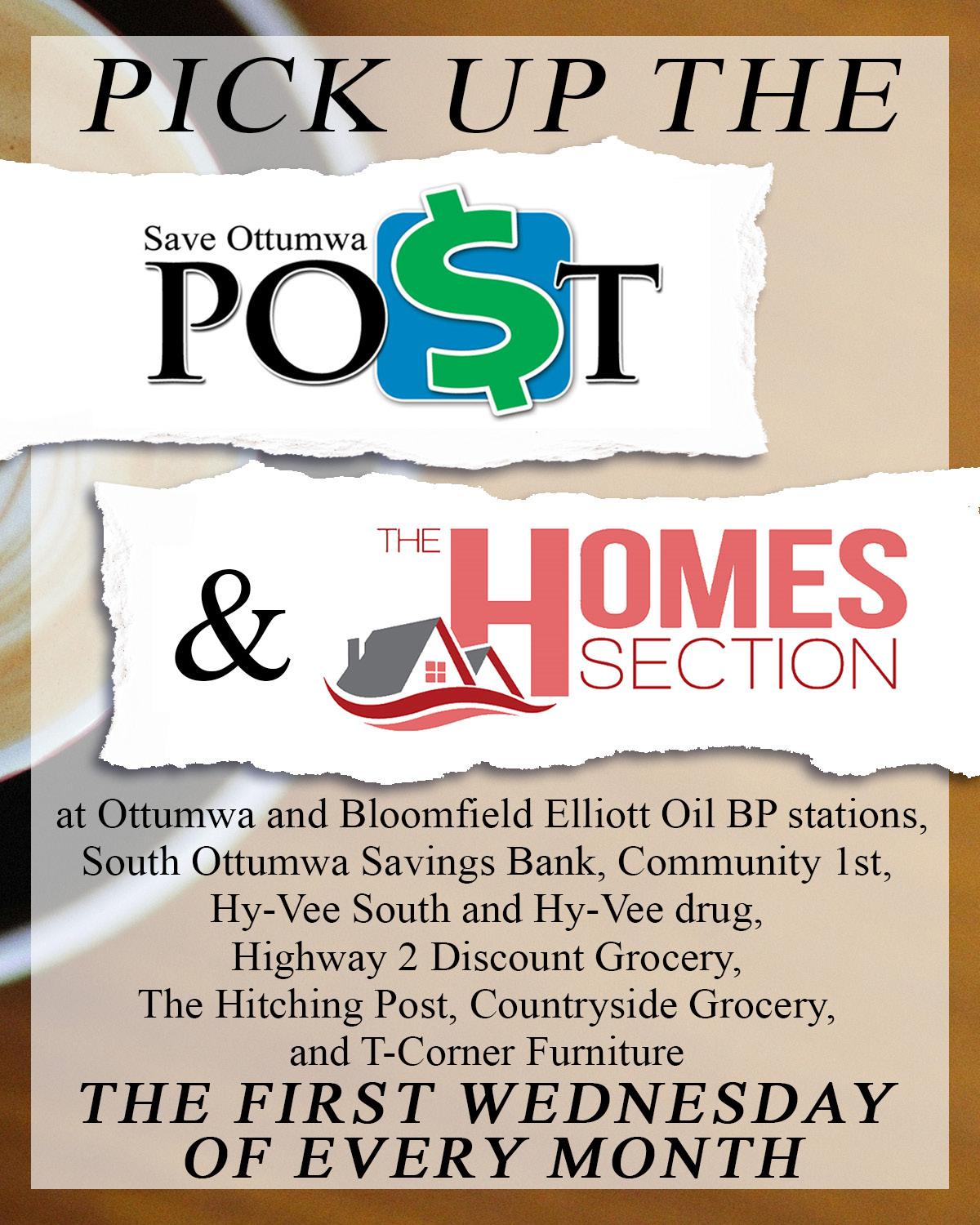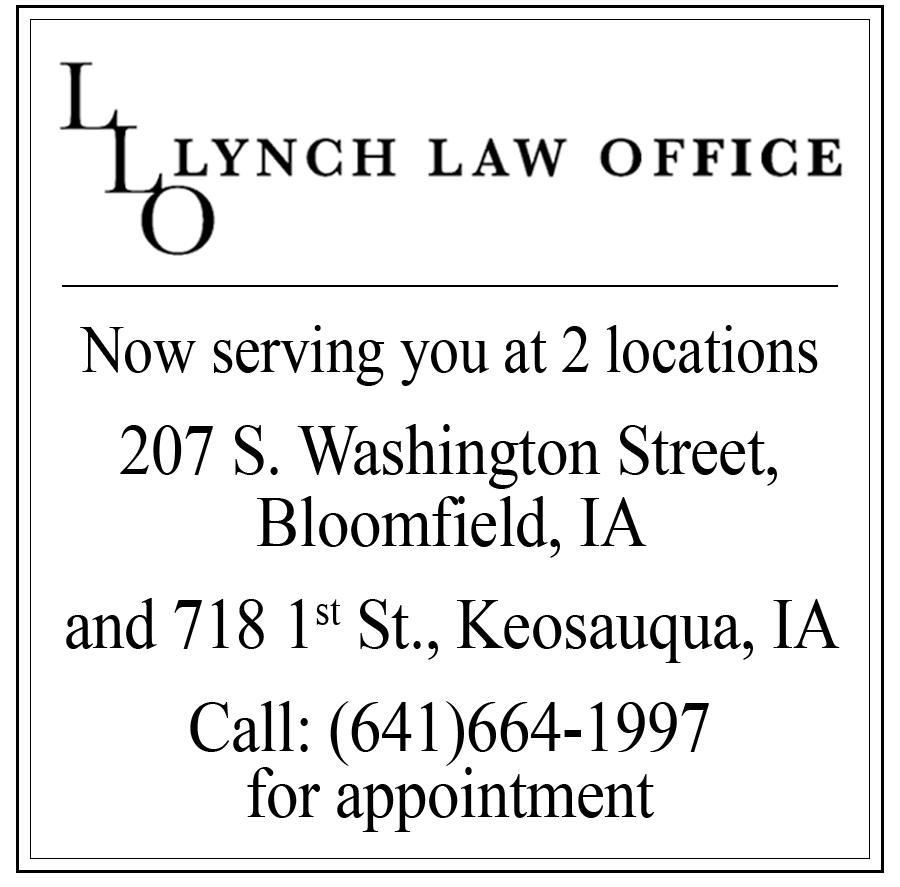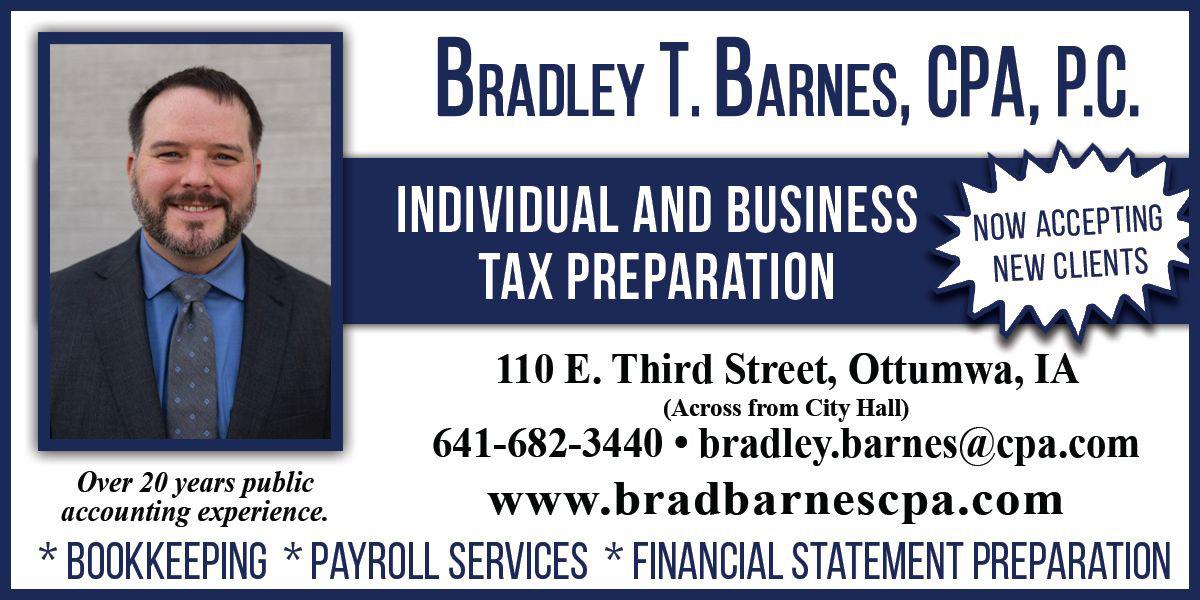No Kill Zone
Raccoon populations have grown to the point they are endangering other species. Quail, pheasant, turkeys and all types of songbirds are vulnerable to raccoon attacks on their nests. The number of raccoons used to be controlled when fur prices were high. Some people hunted raccoons with their dogs for sport with the price received for the hides offset some of the cost of their hunts. Others hunted them as a means of supplementing their income or even as a sole source of making a living. When the price of raccoon pelts was high, our quail and turkey populations flourished. There were times, my two sons and I could limit out on quail on any Saturday morning. Now, it is more common to see a bald eagle than a quail. The only people that hunt raccoons now are people that do it for the sport of working their hounds. These hunters do not really care if the kill the raccoons after they are treed. There is no longer a financial incentive to harvest the pelts. Unfortunately, this does not help our bird population but does make for an enjoyable time in the outdoors.
Our grandson, Zane, has started training raccoon hounds for other people. These people are primarily competition hunters. He works to fine tune the natural instinct bred into coon hounds to track and tree. He will occasionally kill a raccoon to reward a dog for a job well done, but most are

left to run another day. Zane does not shoot any raccoons on our place to ensure prey on which to train the dogs. Worse yet, he and I are both feeding the raccoons to make sure they stay close by. There is a spot in the middle of the timber where we place things like outdated cereal, old bread, or just about anything else we want to get rid of. Raccoons will eat anything. One day I put some green peppers that had become freezer burnt on what we call the bait station. They were gone the next day. I think the local resident raccoons wait and watch until somebody brings a snack and helps themselves as soon as our backs are turned. They do not seem to mind occasionally being chased up a tree and barked at if they are going to be paid with food. If they were offended, I would think they would move. As it is, there are several fat and happy coons that are nearby whenever Zane wants to work a hound.
I have all but given up on the possibility of restoring the quail population. Efforts to create habitat and planting food plots is not enough to offset the toll taken by predators. Until the price of raccoon pelts increases, there will not be enough hunters harvesting raccoons to control them. I realize I am not helping the problem by providing an easy meal rather than shooting raccoons, but I do enjoy feeding them and taking pictures. Zane also enjoys hunting dogs in an area that
does not require miles of walking to make a tree. When the price of fur goes up again, we will be ready to cash in with a bunch of nice fat raccoons. Until then, they get to live in a kill free zone.
What Goes Around, Comes Around
Karma. I hear a lot of people talking about it, so I’m sure it exists, but I’ve never been a big believer in karma; it seems superstitious to me and I’m not a superstitious person. The phrase ‘Karma is a b…,’ causes me to associate karma as revenge or a pay-back. I prefer other similar idioms.
The Bible says, ‘… as ye sow, so shall ye reap.’ Unfortunately, some people today do not understand what sow and reap, mean. ‘Pay if forward,’ is a good phrase, connected to positive meanings. My favorite is ‘What goes around, comes around.’ Truly, they all mean the same thing, producing positive, or negative results. I prefer the positive.
Just the other day, I had several errands to run in Duluth. I thought it would be nice to drop off a cup of Starbucks Coffee, to my daughter. For the life of me, I can’t remember all these fancy names on the Starbucks menu, let alone which Sydney orders.
One time, at a Starbucks drive-through, Sydney told me what she wanted. When it was my turn to order, I said, “I’d like a cara-
BARN RESTORATION
WAGLER BUILDERS
mel marinated chocolate coffee with skim milk and extra froofroo and fluffy stuff on top.” I did the best I could. Sydney was laughing so hard she could hardly talk.
There was a pause. Finally, the lady broke the silence, “You want a what?”
Sydney leaned across the van, through the driver’s side window, and spoke to the little box, telling the lady what she wanted.
The lady repeated the order and asked, “Will that be all?”
I added, “I’d also like a small black coffee, please.” The lady read back some fancy name. What can be so complicated about getting a cup of coffee?
Before I could make a fool of myself (again) by correcting the barista, Sydney leaned over to intervene, “Yes, that’s what he wants.” When I pulled up to the window, I felt like a simpleton, trapped between the barista in the window, and a coffee connoisseur to my right. This time, while in Duluth, I took precautions not to embarrass myself again.
I texted Sydney’s boyfriend, and her sister Annie, asking what
Sydney orders at Starbucks; John replied first.
Armed with this information, I marched into Starbucks and ordered like a pro: “Hi, I’d like a caramel latte made with goat’s milk; to go please.” I was
mighty proud of myself and grinned. The barista paused instead of naturally repeating my order. An uneasy feeling came over me, thinking I had said something incorrectly, making me look like an amateur. Immediately, I knew I should not have said ‘to-go’ because all Starbucks coffee is served in paper cups – to go.
The barista smiled, “You want a what?”
Less confident, I repeated, “I’d like a large, caramel latte made with goat’s milk, please.” (This time omitting ‘to-go.’) Did I say it right? I waited nervously, waiting for a response.
The young lady smiled again, “Do you mean oat milk?”
My initial thought was that John had pranked me. I double-checked his message; hmpf, I would have sworn he said goat’s milk. I felt my cheeks getting warm as my face flushed. “Yes, ma’am, oat milk will do just fine.” The barista gave a warm smile of merciful pity.
Having exposed my charade, (acting as a coffee pro) she held the cup and her Sharpie, ready to write. “What name can I put on this?” I was already embarrassed, and now she wanted me to say my name? I felt like other customers were pointing at me and whispering, ‘That’s the guy that tried to order goat’s milk.’ I got busted being a poser and must now face the shame.
“Yes,” I said clearing my throat. “My name is Sydney. That’s with a y.” The lady glanced at my card, looking at my name. She handed me my receipt and I stepped aside to wait. The lady called out, “Sydney.” “Sydney,” she repeated, startling my wandering mind, remembering I WAS Sydney. “Sydney, your latte is ready.”
I got my coffee and scurried to the front door. Once outside, I laughed all the way to my daughter’s workplace, feeling as if I’d
(Just the Other Day cont’d from pg 3) really pulled one off. As I climbed the steps inside the building, I noticed the barista wrote on the cup, ‘You are amazing,’ instead of Sydney’s name. She knew I was not Sydney, with a y. Gulp. “Oh well,” I laughed, “no good deed goes unpunished.” I was just trying to do something nice for my kid. I continued to climb the steps.
“Hey, hey! What is this?” I looked down at the step, lying right in front of me was a twenty-dollar bill! I picked it up, looking around for the rightful owner, but no one was in sight. Then, I found another – and another…. Wow! It was like the fairytale Hansel and Gretel.
To keep from getting lost in the woods, Hansel dropped bread crumbs along their path so that they could find their way back. But a bird was happy to eat those bread crumbs – just as I was happy to gather these twenty-dollar bills!
Sydney was happy to see me, and I could tell she appreciated the unexpected treat. I shared my happy news with her: “I found a hundred dollars coming up the steps!”
“You found a hundred-dollar bill on the steps? Just lying there,” she asked with skepticism.
“No,” I replied. “Not one, hundred-dollar bill, but I found five twenties!” Sydney asked several times if I was serious. Finally, I convinced her that I was. A few of her co-workers looked on. “Maybe somebody dropped it coming to pay their bill,” I said. “I’ll leave the money with you, and if someone comes looking for it, you can return it. If no one claims it, you can keep it.” That made Sydney’s day for sure! I gave her the five, twenties.
“Dad, this is Monopoly money.”
“Yeah, I know,” I said with excitement. “Five twenties, I found them on the steps. Hey, a hundred bucks is a hundred bucks, sweetie, and it’s all yours, no strings attached!”
Sydney took the cash and laughed joyfully as she waved the bills,
showing the money to her coworkers, “Look, my dad found a hundred dollars lying on the steps, and he’s going to let me have this Monopoly money!”
We all shared a good laugh about that.
Sydney had work to do, and I had errands to run. “Thank you for the coffee and the cash,” she said, hugging me. She walked with me and gave me two more hugs at the top of the steps – the kind of hugs that really warm a dad’s heart.
“I love you, Dad,” she said.
“I love you too, kid,” I said, quickly turning before she could see my eyes leaking. I started down the steps. “No matter how old they get, you just keep loving your little girls more and more.”
I was sure feeling the love.
It was a good visit.
I know my daughter appreciated the coffee. Even though it was just Monopoly money, the smiles and laughs we shared were worth well more than a hundred bucks of real currency!
“What goes around, comes around,” I said warmly. I wanted to do something to make my daughter feel good, and now, here I was, feeling like a million bucks!
Walking down the steps, I stopped, smiled, and picked it up from the floor.
“How did I miss this?”
My heart was full. I sent Sydney a photo text: “Look! I found another twenty!”
What goes around….
Fire Department Bob
Curt Swarm, Empty Nest
Bob used to be a fireman for the City of Denver back in the fifties and sixties. It was men only then. He said that while on duty, they would get so drunk that he would actually pass out on the cement floor with his head behind the dual wheels of the ladder truck, so that if there was an alarm, he would have to get up, man the rear steering wheel, or his head would be crushed. It was accepted behavior. And expected, according to Bob.
They all drank heavily while on shift, and put pressure on the guys who didn’t drink, or drink as much, to join in the cup-that-bindeth.
If there was a particularly bad call, like with an apartment house fire with “crispy critters,” he called them, some of whom were children and pets, the firemen knew they could pull into the alley behind a certain bar, and drinks would be set up. No questions asked. I’m not making this up.
I told Bob he had all the justification he needed for a case of work-related alcoholism. He shrugged his shoulders and said, “That’s just the way it was.”
Fortunately Bob got the help he needed and found a life of sobriety and fulfillment. He wouldn’t use anything with alcohol, like deodorant, after shave, mouth wash, etc.
He was also a smoker, tearing the filter off cigarettes, and smoking them, the torn end sticking out of his mouth like a hay seed. He claimed the tobacco
was stronger and dryer in a cigarette with the filter removed. He also claimed he was allergic to cigarette smoke, not nicotine. (I found this flabbergasting.)
He would stand under the exhaust hood of a stove and smoke, the fan drawing the smoke away. He said it worked for him. He also had COPD, pursing his lips while exhaling. He could also make the best fire department coffee. He would make a fresh pot, dump about half of it out, add a little more grounds to the grounds already there, and salt, reperk, and presto, some of the boldest, best tasting coffee I’ve ever had. He said he’d been the official coffee maker for the fire department because they needed full-bodied coffee with a kick for the morning after.
Before he was a fireman, Bob drove for Monfort of Colorado (later ConAgra), delivering live cattle from Greeley to Chicago for slaughter. He said Monfort “owned” the left lane of the highway. They drove 80-100 miles and hour, and people moved over. The Highway Patrol looked the other way. He said they had to drive fast because if a steer died in route, they were docked.
Bob went crazy
once. He had some sort of an infection and the doctor put him on a strong steroid. Steroids were just coming out then and people didn’t know much about them. He lost his memory and thought his wife, whom he didn’t recognize, was trying to kill him. He thought she was going to stab him in the back while he was asleep. He called the police. The police evaluated the situation and were able to get Bob in the hospital for a week. When Bob came home, he apologized, and ran to the exhaust hood of the kitchen stove to smoke. He hadn’t been allowed to smoke in the hospital. Bob was in his eighties when he was telling me all this. His wife was listening, and didn’t contradict anything he said. She even nodded her head in agreement, chuckled, and made some hand movements, like sticking a knife in Bob’s back. They had a colorful marriage. I was there at their house installing a garage door opener. Bob swore that the main spring would disengage and kill me. I tried to convince him that the main spring remained stable. He brewed some coffee, tore the filter off a cigarette, and the garage door opener worked fine.
































